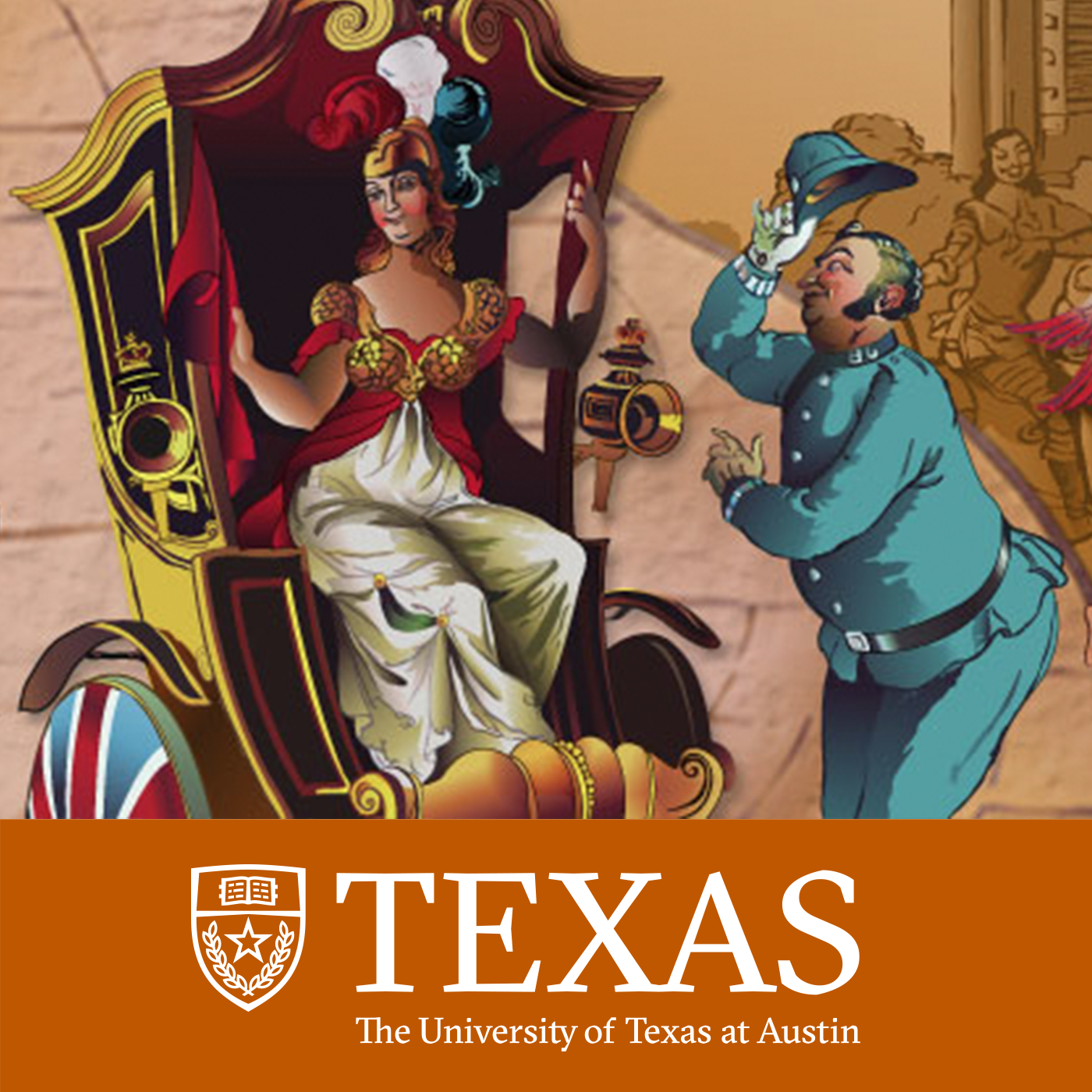P. G. Wodehouse and Politics: What Did He Know, and When Did He Know It?
Description
Speaker – David Leal, Nuffield College, Oxford
P.G. Wodehouse was England’s greatest comic writer. His new memorial at Westminster Abbey celebrates his achievements as “Humorist, Novelist, Playwright, Lyricist.” He continues to be widely read and written about. Wodehouse is best known for creating sunny fictional worlds into which we can escape, yet he found himself embroiled in a dark real-world controversy for making five radio broadcasts from Berlin, at the behest of the Nazi government, in 1941. Friends such as George Orwell commented at the time that he was politically ignorant and unaware of the implications of his actions. Others in Britain called for his execution as a traitor. But what were the facts? Could he be accused of anything more damning than gross naïveté? What did Wodehouse actually know about politics, and what does that knowledge, or lack thereof, mean for his legacy?
David Leal is Professor of Government and an Associate Member of Nuffield College, Oxford. His research interests include Latino politics, religion and politics, and immigration policy as well as Sherlock Holmes and Arthur Conan Doyle. His works include over forty journal articles, including a recent one in the Baker Street Journal. He is the co-editor of the Oxford Handbook of Racial and Ethnic Politics in the United States (in progress) and Migration in an Era of Restriction and Recession (2016). In the Government Department, he teaches a course on British government and politics.
More Episodes
Paula Marantz Cohen DREXEL UNIVERSITY
How can decline in enrollments in the humanities be explained? Nationwide in recent years estimates of the drop in liberal arts majors range from one-fourth to one-third of those in English, history, government, philosophy and other traditional subjects....
Published 03/10/20
Published 03/10/20
Aaron Pratt HARRY RANSOM CENTER
Before the publication of Shakespeare’s First Folio in 1623 and the efforts of subsequent editors and critics, England’s printed playbooks were considered “riff raff,” connected more with the world of London’s popular theaters than with what we might think of as...
Published 03/02/20


